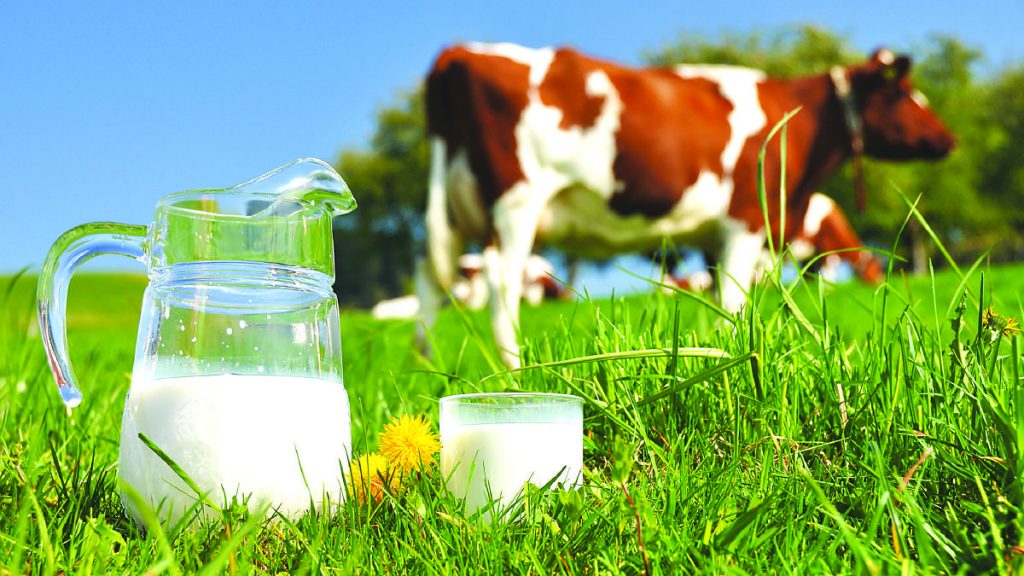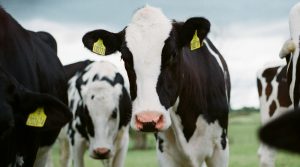
The draft code proposals were prepared by Federal Department of Agriculture and Water Resources (DAWR) staff based on feedback from farmers and milk processors at consultation meetings in November.
They were also “informed” by the Australian Competition and Consumer Commission (ACCC) dairy inquiry report and review of the Australian Dairy Industry Council code of practice last year, DAWR said.
But only Victorian dairy farmers will have second round consultation meetings with DAWR staff who are working on the code.
WA dairy farmers, industry organisations and milk processors will have to make written submissions or they can participate in two national telephone hook-ups.
They will have to register beforehand for the hook-ups, called ‘tele-town halls’ by DAWR, but registration details have not yet been released.
The tele-town halls are scheduled for 11am (WA time) Wednesday, February 6, and 7am the next day.
The proposed dairy code will govern business relationships between dairy farmers and milk processors and is expected to replace an existing voluntary code which major processors Brownes Dairy and Norco have not signed up to, according to DAWR.
The draft proposals would require processors to provide plain-English standard form agreements at the same time so farmers could compare prices and conditions.
They also propose agreements stipulate a minimum price for the first year and a method for determining the minimum price over subsequent years for longer-term agreements.
Retrospective price step downs would be banned but comment is sought on two options for prospective step downs.
Farmers can supply multiple processors and exclusive supply arrangements with a two-tier pricing model will be banned and processors could not withhold loyalty payments from farmers who switched processor.
A dispute resolution process to address contractual issues is proposed with each side paying its own share of costs and the ACCC only becoming involved if a breach of the code may have occurred.
Two options for a mandatory code are proposed, one covering only major milk processors and one covering all milk processors.
DAWR estimated the annual cost to the dairy industry of implementing a mandatory code is $290,000 to be borne by major milk processors.
If the code is to cover all milk processors then the annual cost would jump to $900,000, DAWR estimated.
There would be no additional cost to dairy farmers, according to DAWR.
Federal Agriculture and Water Resources Minister David Littleproud said the draft code had been released for a second round of consultation to ensure everyone could have a say.
“A mandatory code will be an industry-defining moment so I want all dairy farmers, processors and stakeholders to stay involved in shaping it,” Mr Littleproud said.
Information can be found at haveyoursay.agriculture.gov.au/dairy-code-conduct or email dairycode@agriculture.gov.au or phone 1300 044 940.























